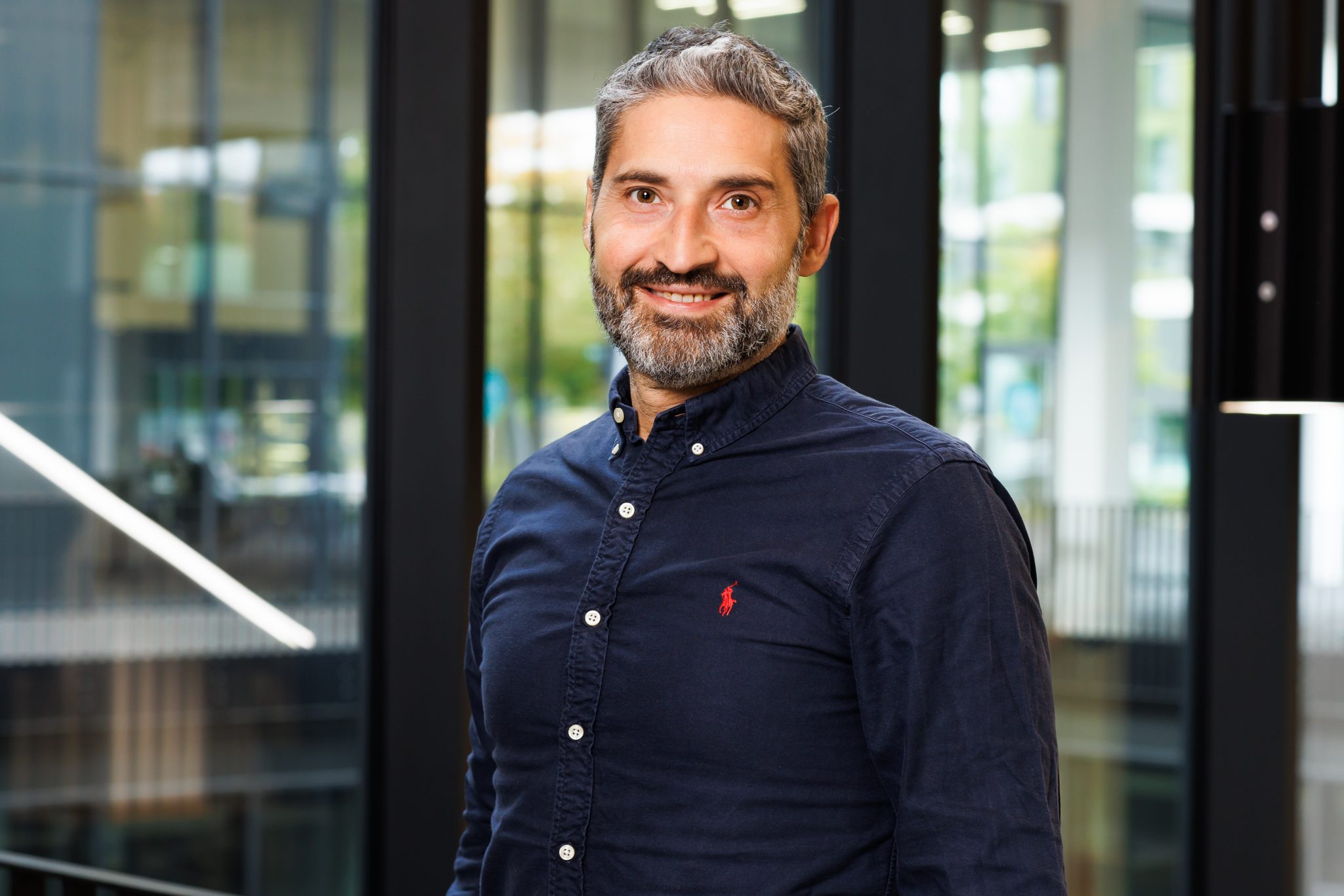In a world where urban congestion and climate concerns demand urgent action, Prof. Francesco Viti is leading a transformative approach to how cities move and grow. Building on over a decade of research, he has achieved a significant breakthrough with projects like Multimodal Electrified Infrastructure Planning (MERLIN) and Optimal Design of Infrastructure Networks (ODIN), where he is designing a next-generation AI-powered assistant to improve transport planning and decision-making.
Sustainable meets smart mobility
Professor Viti’s work blends sustainable mobility with smart mobility. The former focuses on meeting people’s travel needs while reducing environmental impact, whereas the latter uses computational science and digital tools to optimise transport systems. His innovative approach integrates data science, artificial intelligence, and urban planning to create a holistic view of mobility that goes beyond simply moving people from A to B. Instead, his research focuses on understanding why people travel, where they live, work, and shop, enabling smarter, more responsive transport solutions.
A cornerstone of his work lies in developing advanced digital tools that integrate diverse data sources—ranging from traffic updates and parking availability to charging stations and real-time resource metrics—into a single platform. This data portal allows researchers and city planners to simulate traffic patterns, predict future demand, and virtually test new infrastructure before implementation.
Embedding AI to optimise mobility in Luxembourg
Building on this foundation, the recently launched ODIN project, represents a leap forward. ODIN aims to embed an AI-based assistant within Luxembourg’s mobility ecosystem, empowering not only experts but also everyday users to make smarter travel choices tailored to their habits, locations, and sustainability goals. This project exemplifies how digital intelligence can actively guide complex planning and policy decisions. It positions Luxembourg as a world leader in transport modelling alongside cities like Singapore and New York.
‟ By combining AI with real-world mobility data, we can plan smarter, greener transport systems — a key to building more sustainable, livable cities.”

Head of Department of Engineering and Associate Professor
A digital twin of Luxembourg for smarter urban development
Another ambitious goal of Professor Viti’s research is the creation of a “mobility digital twin” of Luxembourg—a virtual replica of the nation’s entire transport network. This digital twin enables planners to assess the impacts of proposed changes with unprecedented accuracy, supporting more sustainable and efficient urban development.
Professor Francesco Viti’s influence has long extended his expertise beyond academic research, shaping real-world mobility policy and infrastructure in Luxembourg. His leadership in contributing to the foundation of the national Working Group on Smart Mobility—bringing together the Ministry of Economy (MECO) and the Ministry of Mobility and Public Works (MMTP), researchers, and industry— has already led to tangible improvements. These include enhanced transport and mobility services and strategic recommendations for policy and innovation. His insights during the University of Luxembourg’s relocation to Belval were instrumental in guiding mobility planning, and his advice was not only heard but acted upon.
As Project ODIN builds on years of foundational work, it promises to transform decision-making for stakeholders.With its AI-driven assistant and integrated data portal, ODIN could redefine how cities plan, simulate, and optimise mobility systems. Given Professor Viti’s proven track record and the trust he has earned across sectors, there is every reason to believe that his vision for ODIN will once again shape the future of sustainable and intelligent transport—not just in Luxembourg, but as a model for cities worldwide.
Project MERLIN and ODIN are financed by European Regional Development Funds.
